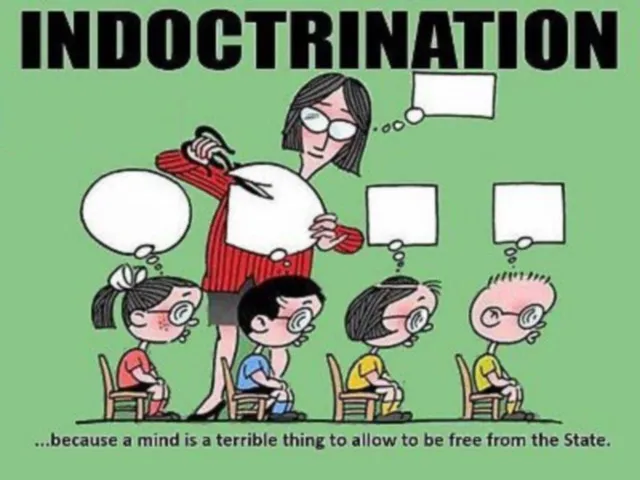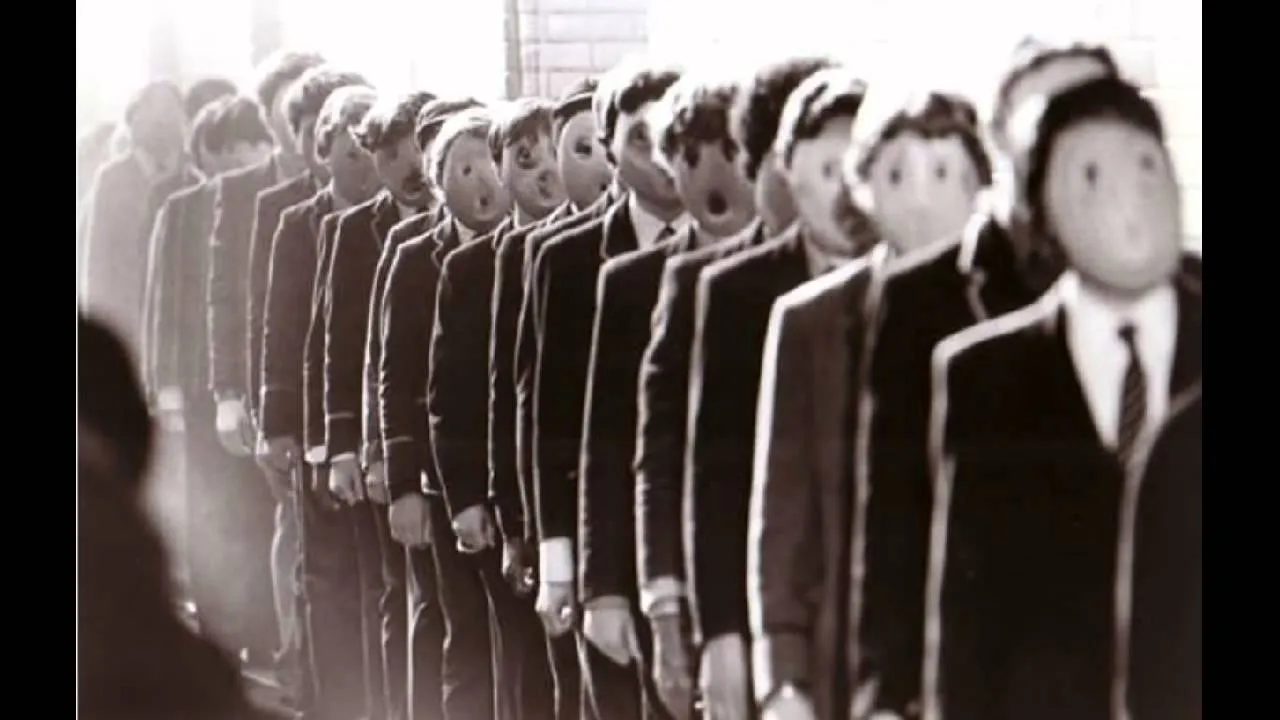The biggest problem of our education is not the way it is financed or the training of capable teachers or the standards of our curriculum. I admit that these are problems. The biggest problem, however, is our school paradigm. If we would like to fundamentally improve our education, we should first reflect on the core characteristics of our schooling.

Our current school paradigm looks as follows:
- Brainless routine. The acceptance that children from the tender age of 4-5 years old should be submitted to the oppressive routine of 12 long years, 9 months a year, 5 days a week and 7 hours of schooling every day.
- Isolation. Children learn in this schooling period that they live in a falsified reality that is entirely isolated from the real world.
- Class position. Children are classified by age and class number. Sometimes they are also classified by student number.
- Obedience. The bathroom can only be used with permission from the teacher. Their speech is regulated and must coincide with the interests of the teacher. Every pupil must sit still like a meek little sheep while listening to the teacher.
- Loss of freedom. Children lose their freedom to think on their own and to focus on their own ideas and interests. In addition, they are not allowed to walk out of the classroom without permission from the teacher.
- Enthusiasm and passion are tempered. Children that are enthusiastic about a subject have to put their enthusiasm aside if the teacher decides it is time to move to another subject. Under the guise of learning ‘discipline’, they are encouraged to engage in activities of repetition and boredom. Those who are defiant will become stigmatized as rebels and receive behavioral disorder etiquettes.
- Emotional dependency. Children are taught to chase prizes, stickers and other forms of compliments and privileges that can be given or taken away by the teacher. They also learn to feel personal pride from the compliments they receive from the teacher. In cases when the teacher allows the student to talk in class or to slip out of the classroom, the student becomes thankful for the privileges that he or she is granted by the teacher.
- Intellectual dependency. Children are taught to wait for their teacher for instructions. They are not encouraged to act by themselves in class. The consequence is that we, the pupils of our school paradigm, become dependent on advertisements and news reports that tell us how we should dress, live, consume and think. In other words, children are taught to act in ways that are expected of them without self-reflection.
- Loss of self-respect. Their self-respect becomes dependent on opinions of ‘experts’. Monthly reports, grades and PTA days teach children that they should not trust their own self-evaluations.
- Stimulation of snitching and acceptance of constant surveillance. Children are rewarded to report bad behavior of other children.

If you consider the school paradigm from this perspective, it is actually a wonder that there are still people whose curiosity has survived their formal schooling. I believe like H.L. Mencken that the goal of public education or compulsory schooling had never been to enlighten the citizenry. The goal is to pull as many individuals toward the same level – a level in which obedience and conformity are central.